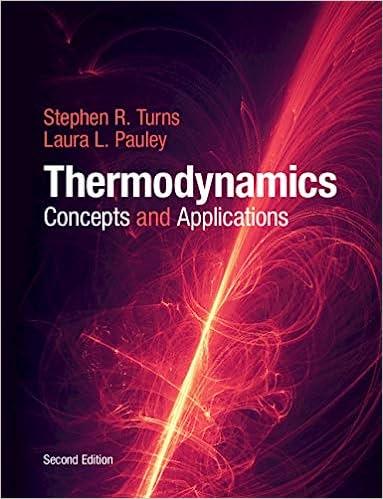Question
A spherical protein molecule has a diameter of 0.05mu m and a density of 1.18(g)/(c)m^(3) . a. Calculate the molar mass of the protein. b.
A spherical protein molecule has a diameter of
0.05\\\\mu mand a density of
1.18(g)/(c)m^(3).\ a. Calculate the molar mass of the protein.\ b. How long will it take for the molecule to diffuse through a distance of
1mmin water at
20\\\\deg C.\ c. Neglecting diffusion, calculate the velocity with which the molecule sediments in the earth's gravitational field
(g)
=(
9.81(m)/(s^(2))).\ d. From your answer in
b, estimate the time the molecule will take to sediment
1mmdistance.\ e. Suggest a method to increase the velocity of sedimentation.\ f. Suggest an experiment to test whether the protein solution in water is a true one or a colloidal one.

Step by Step Solution
There are 3 Steps involved in it
Step: 1

Get Instant Access to Expert-Tailored Solutions
See step-by-step solutions with expert insights and AI powered tools for academic success
Step: 2

Step: 3

Ace Your Homework with AI
Get the answers you need in no time with our AI-driven, step-by-step assistance
Get Started


